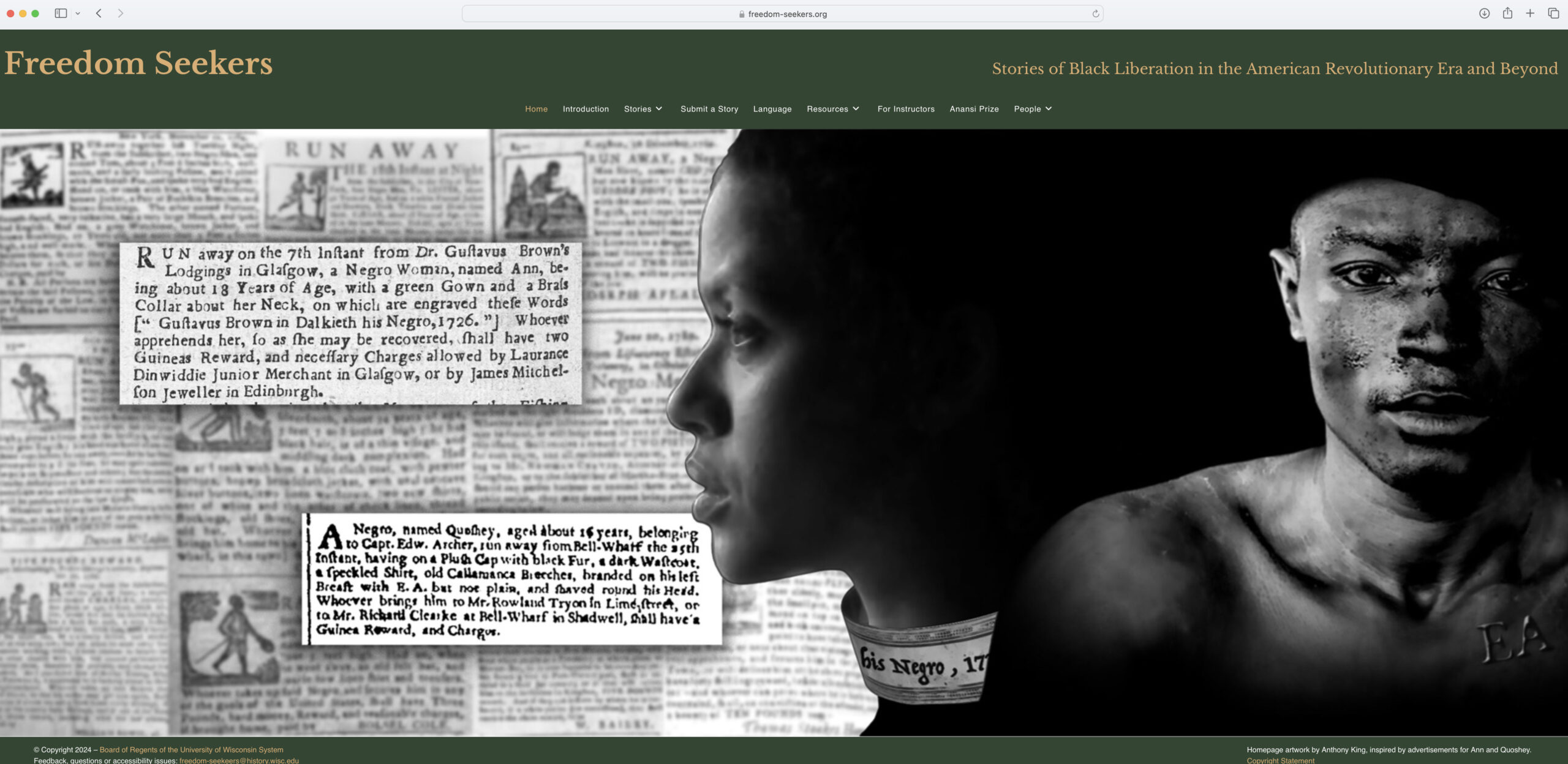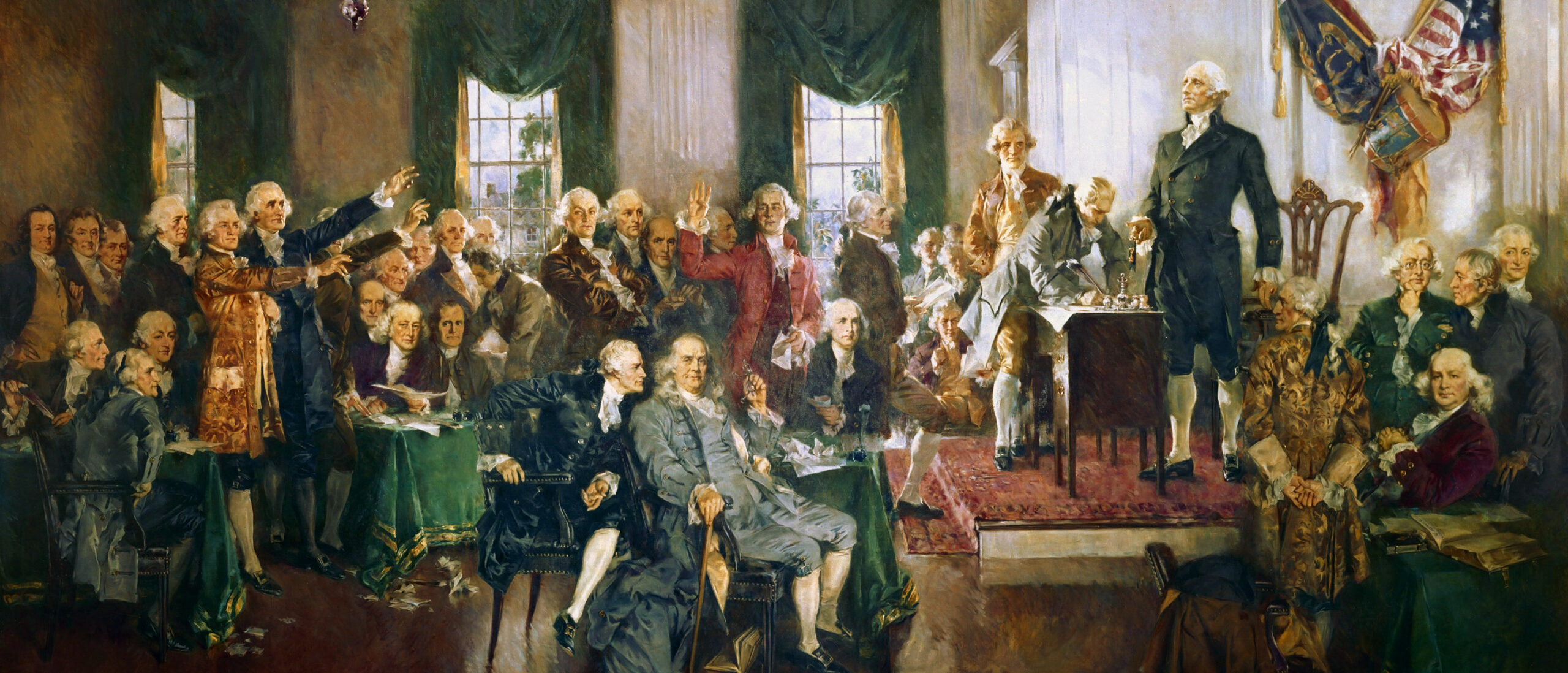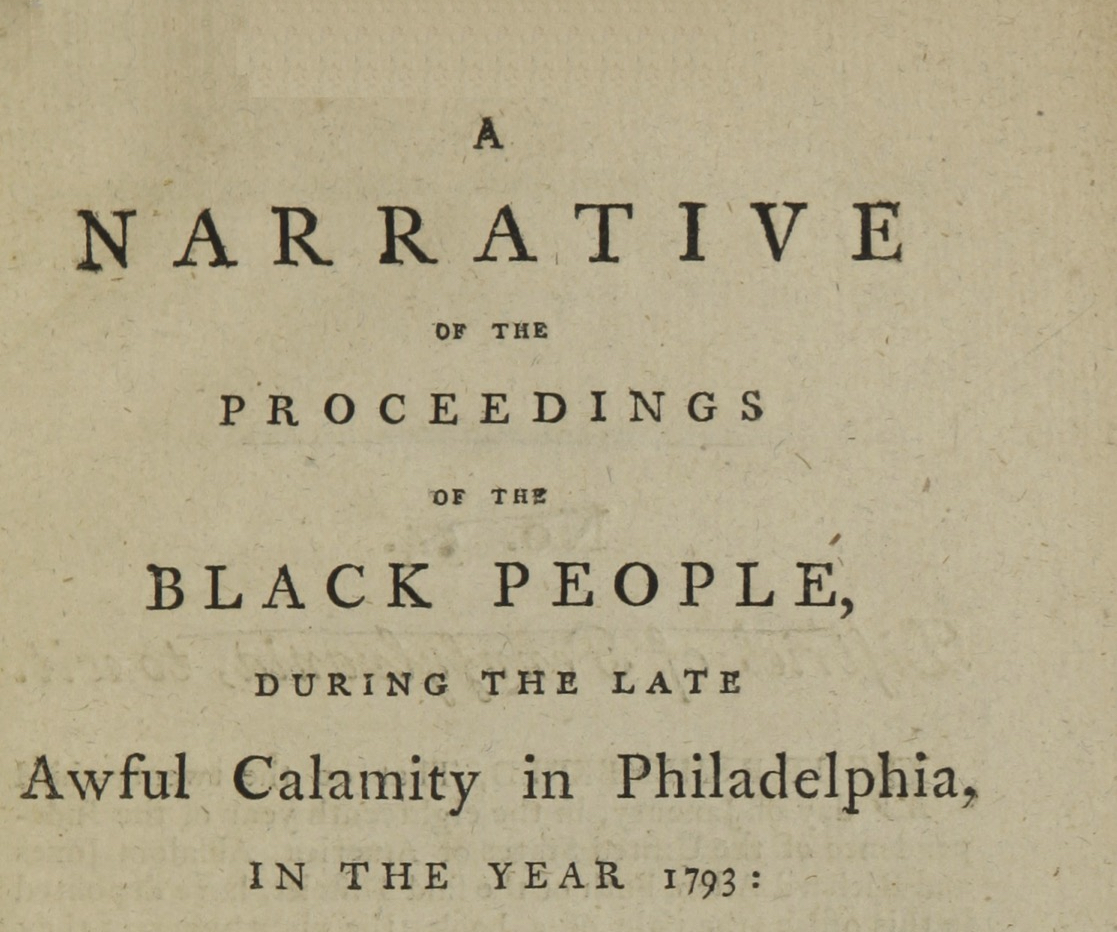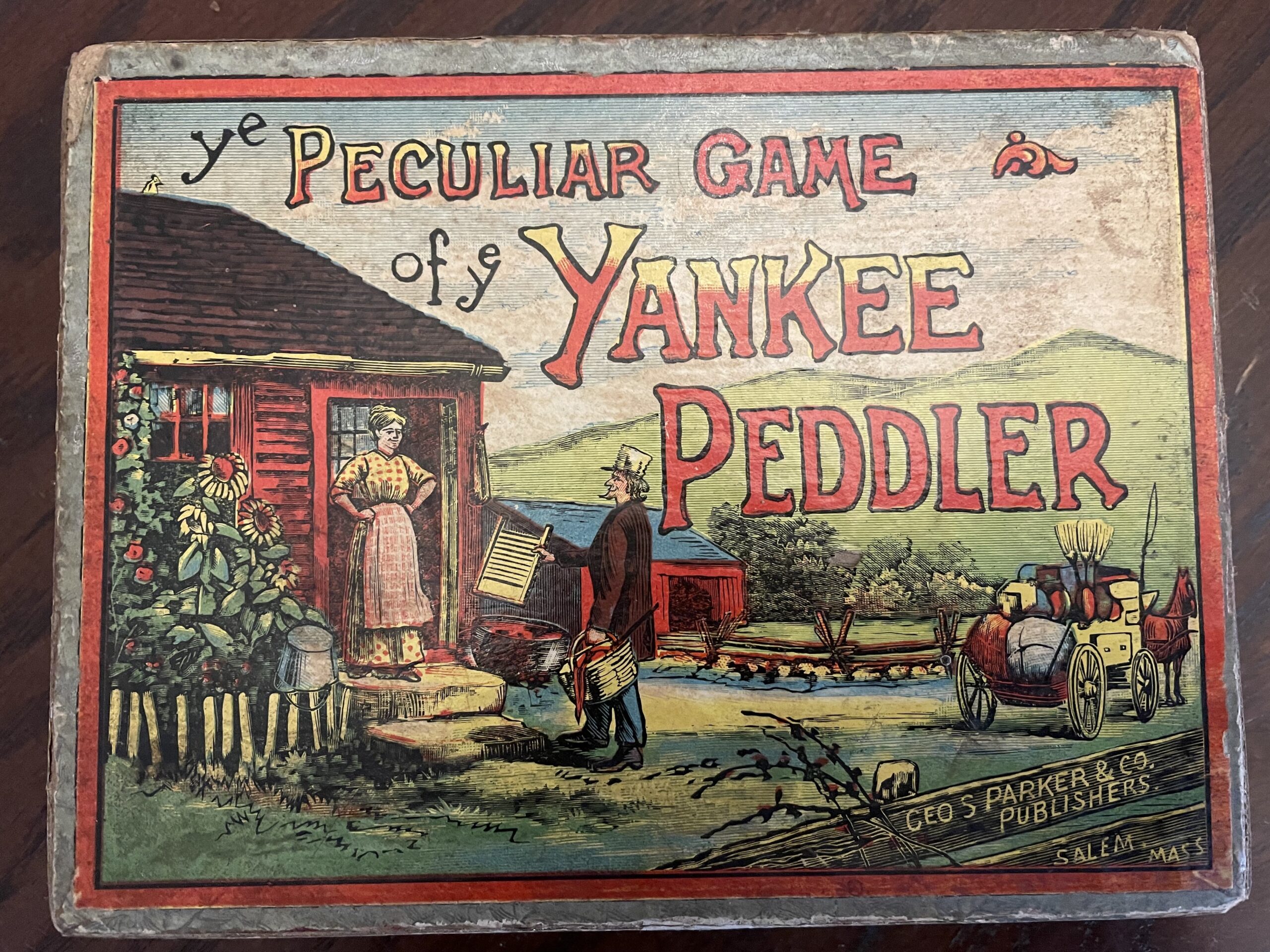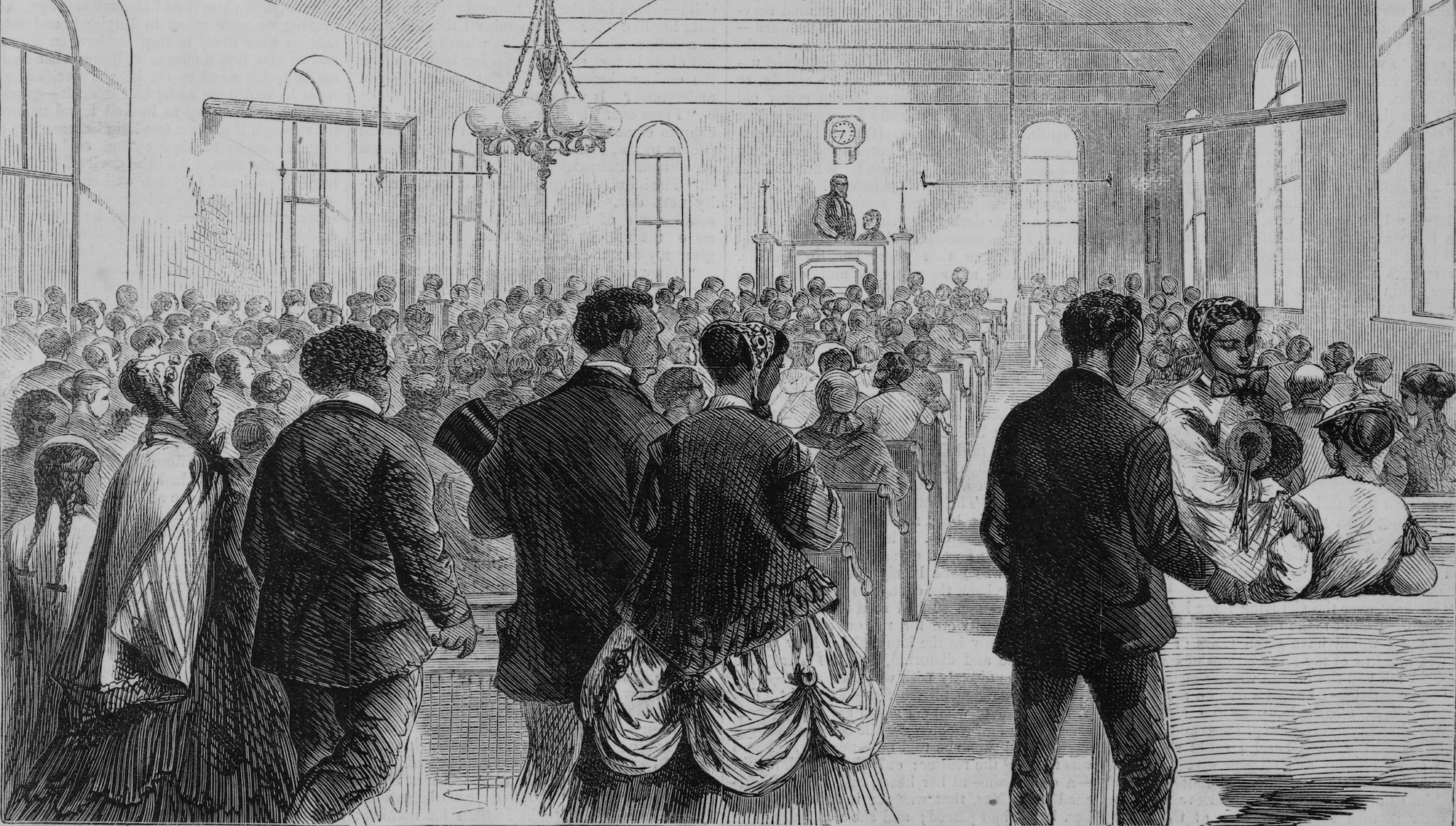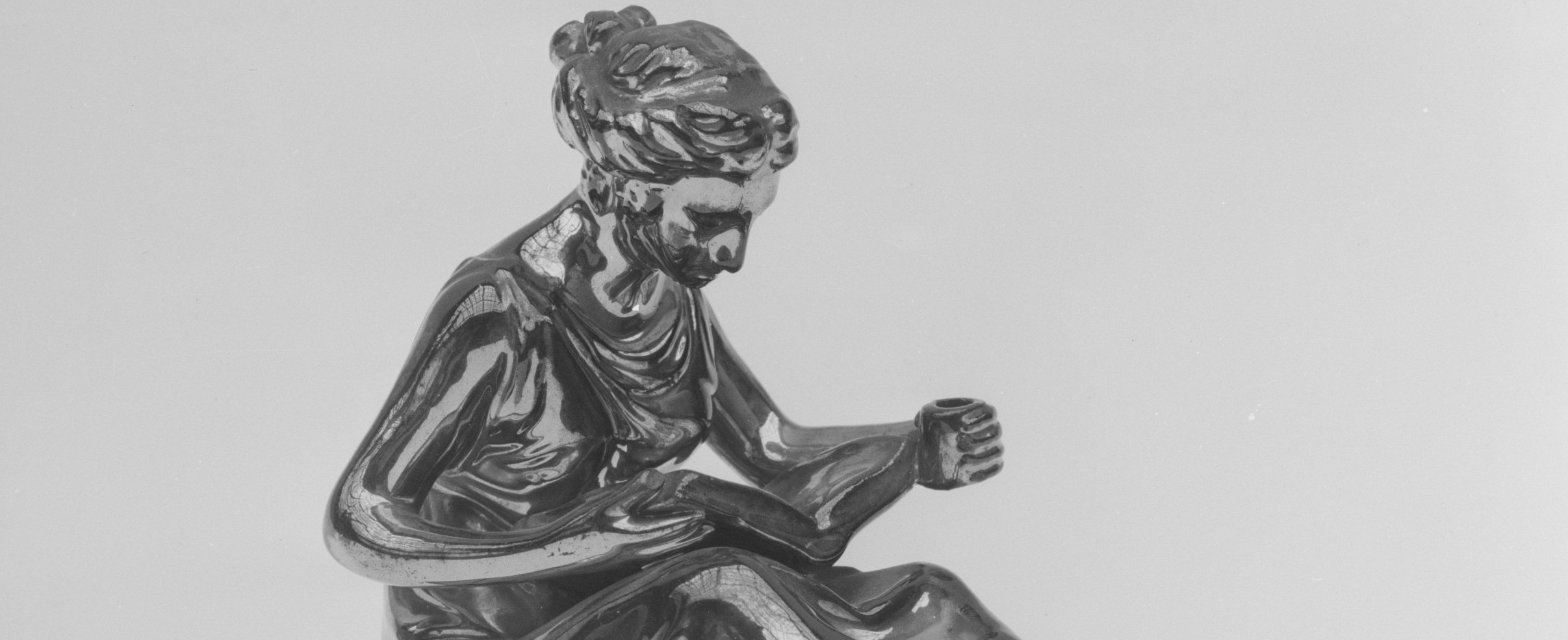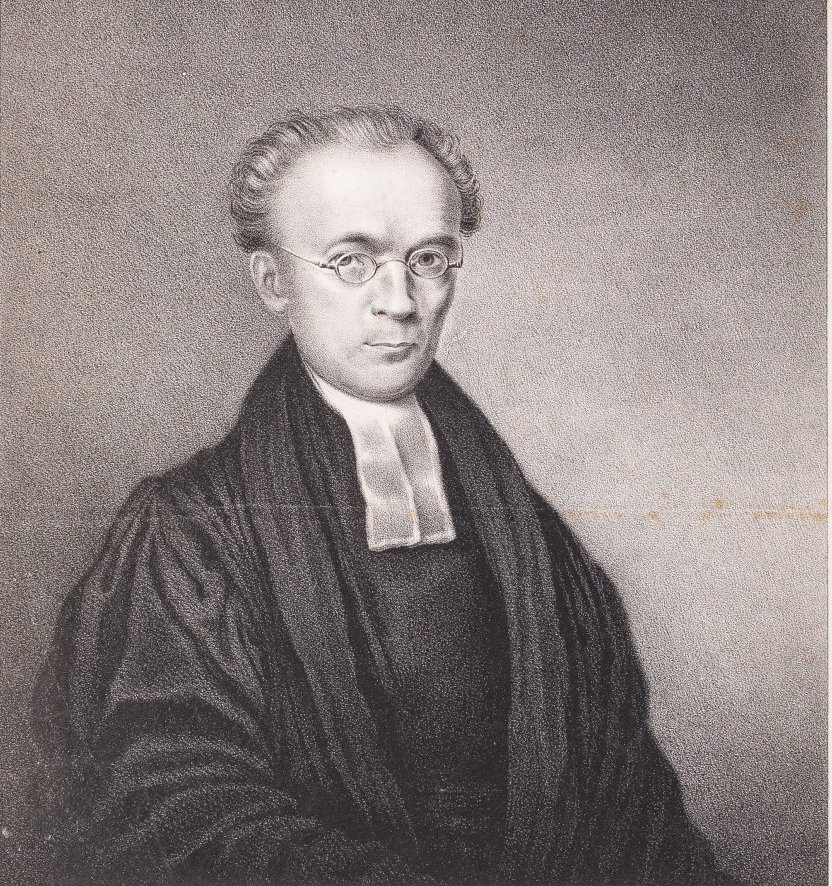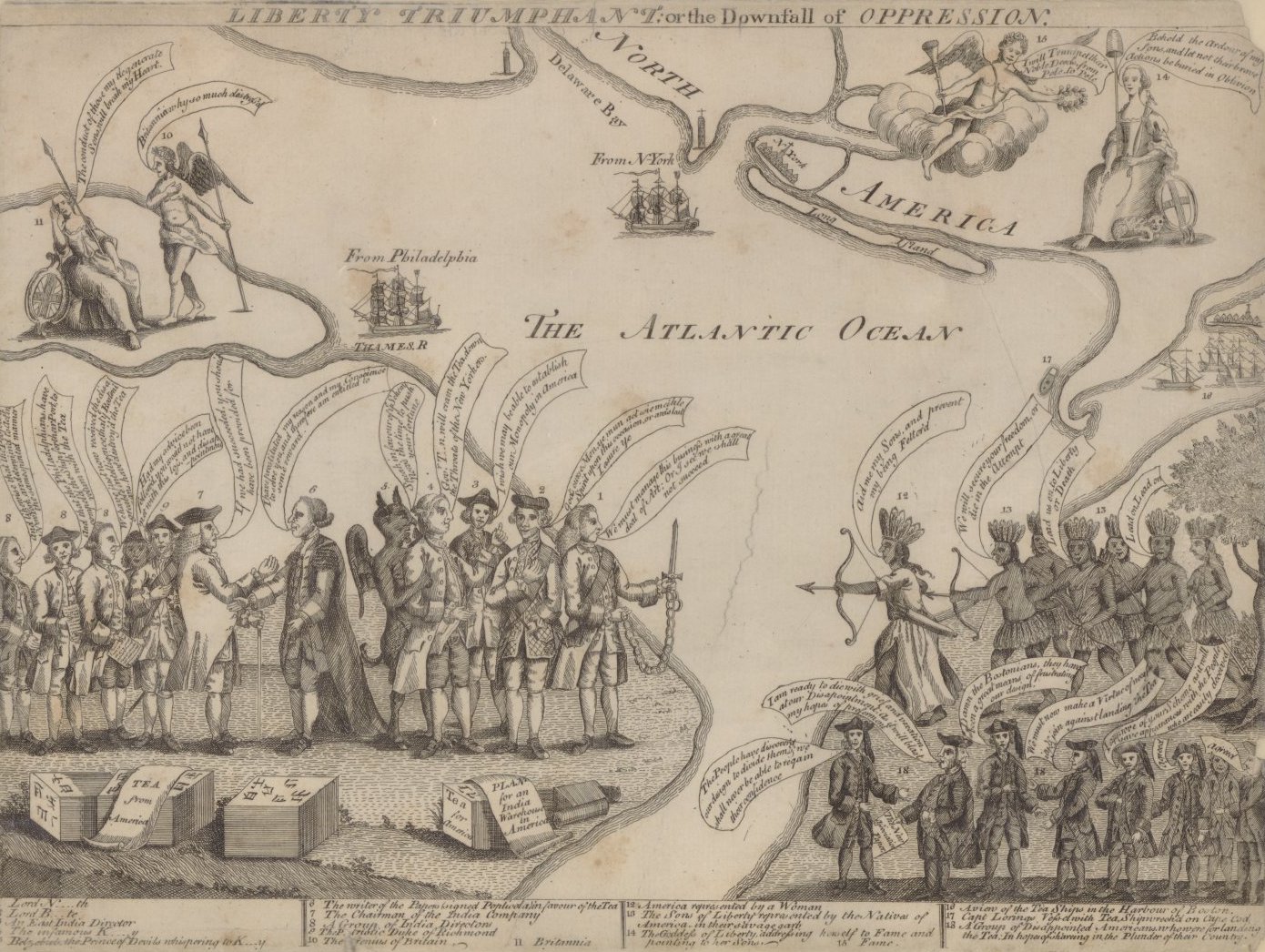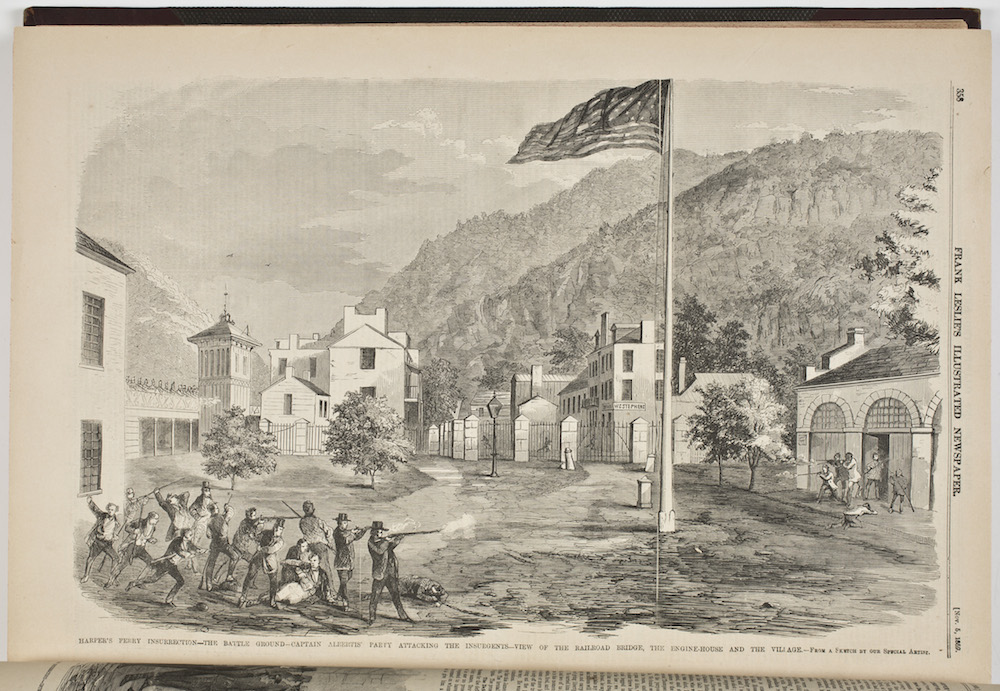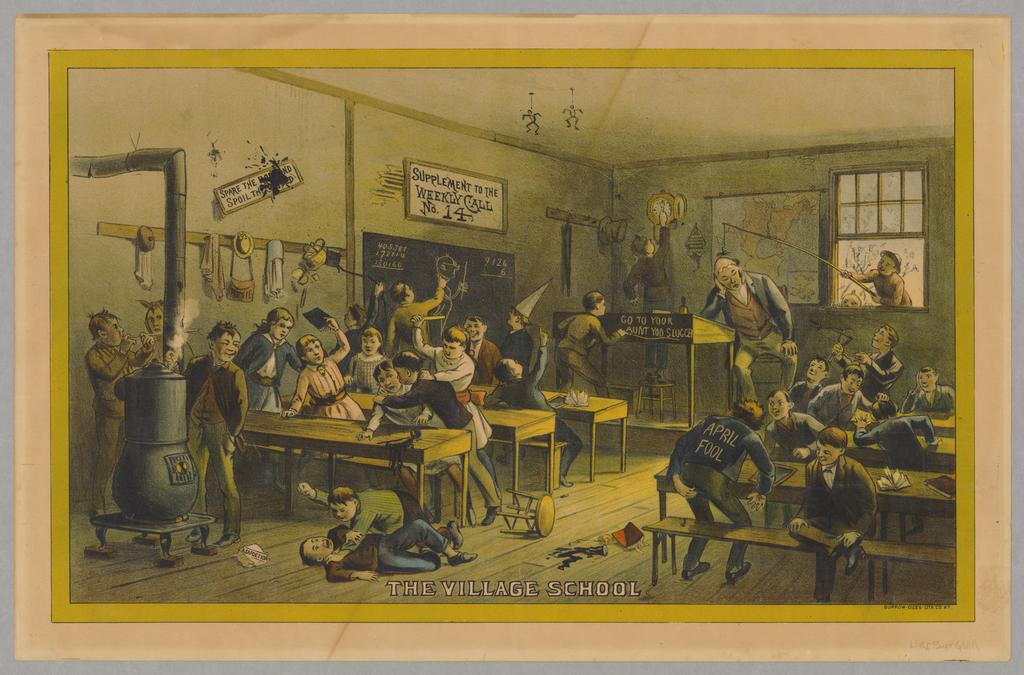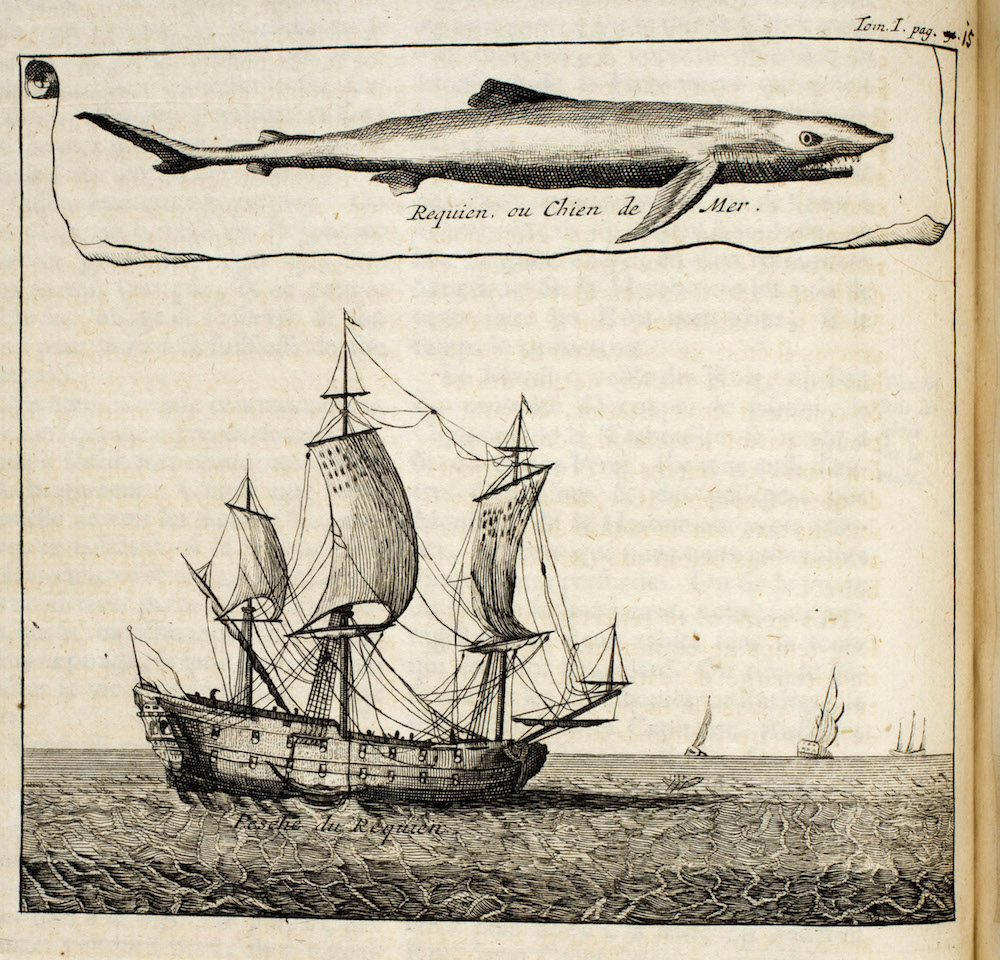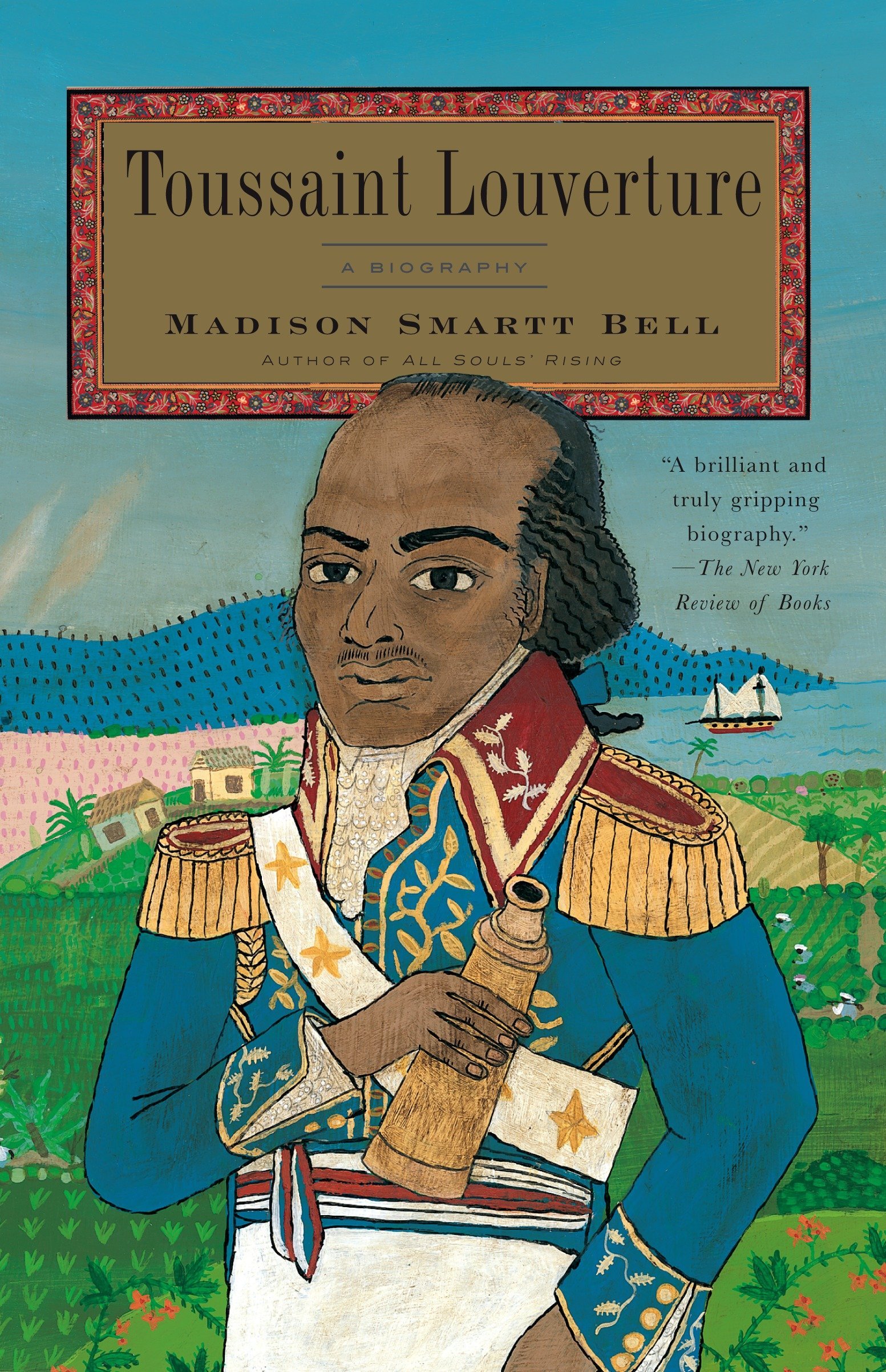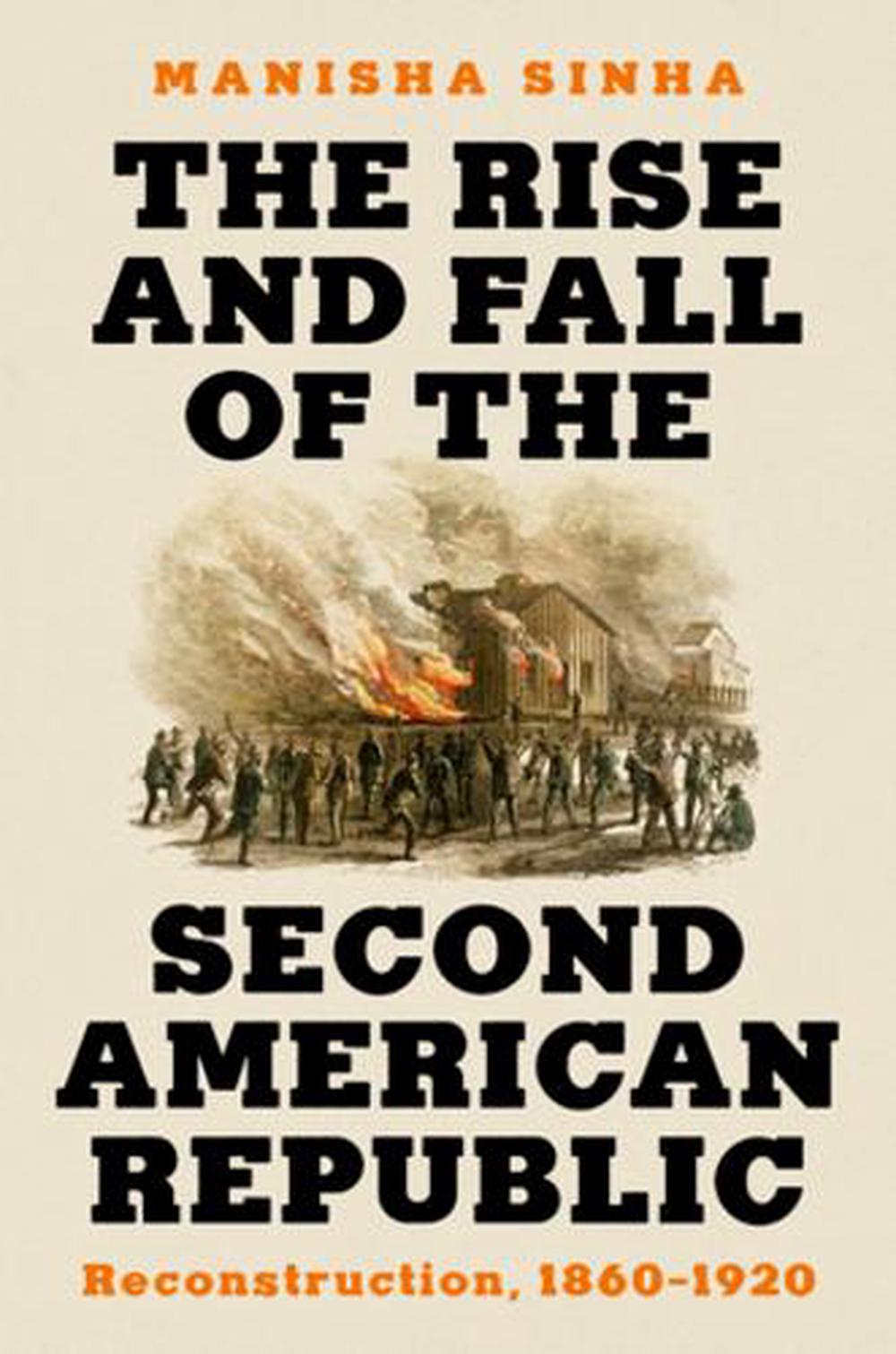
Writing a work of political history has taught me unexpected lessons. Of course, there are the lessons of revising and resubmitting and shaping and editing that confront any scholar–particularly one in the process of completing a first book. But my focus on politics has given an unexpected power and life to a host of questions touching on the very definition of political history. In essence, writing Affairs of Honor has forced me to reckon with the politics of writing about politics.
The project first emerged out of a mound of evidence. Judging by their letters and writings, national politicians in the early republic seemed to be playing the political game according to a heretofore undetected set of rules. For example, note James Monroe’s response to a public character attack by President John Adams in 1798. Writing to his friend James Madison, Monroe considered his options. Ignoring the offense was impossible, he wrote, for “not to notice it may with many leave an unfavorable impression agnst me.” Responding to Adams “personally” with a challenge to a duel was also impossible: “I cannot I presume, as he is an old man & the Presidt.” A pamphlet might serve, but Monroe had tried that once before, and Adams continued to insult him. Here we see Monroe surveying a range of political weapons in search of the proper response. In 1793, Virginian John Taylor of Caroline followed the same pattern when debating the publication of a manuscript attacking the national bank. “Ought it to appear in a pamp[h]let or in the newspapers?” he asked. “The latter are meer ephemere, and tho’ containing merit, read & forgotten. The best political essays being often supposed to proceed from the printers in a course of trade.” Clearly, Monroe and Taylor perceived a spectrum of political weapons, each with a different power and reach. The abundance of such letters sifting through the same arsenal suggests a shared logic of attack and counterattack–what I term a “grammar of political combat.”
This unwritten rulebook was grounded on the culture of honor. For the political elite, the ethic of honor set standards of conduct and provided a controlled means of handling their violation; the rituals of honor displayed superiority of character through time-honored rites recognized the world over. On the unstructured national political stage, this code of conduct assumed extreme importance. In the absence of organized parties and institutionalized rules and standards, the code of honor channeled and monitored political conflict, and provided weapons of war.
To be sure, earlier historical studies have touched on pieces of this puzzle: the conflicted and anxiety-ridden atmosphere of national politics; the mechanics of politicking, particularly among the elite; the southern culture of honor; and the antiparty mentality of the period, including the resulting violence and anxiety. But no work pulled these strands together. And no work acknowledged, let alone reconstructed, the distinctive set of rules and assumptions that governed politics among the national elite, the cultural lens that shaped their decisions, political and otherwise. In short, no work made sense of the importance of honor in structuring national political combat.
Such was my task as I began Affairs of Honor. And, much to my delight, examining evidence through this new mental framework revealed an abundance of unexpected and consistent insights. For example, the 1798 Sedition Act became more complicated when examined in the light of personal honor and reputation; however repressive its impact and partisan its motives, its logic was bound up with the importance of reputation among political leaders. Similarly, the period’s prevailing republican obsession with public opinion suddenly had powerful, personal implications when viewed in that same light, for what is public opinion but a public determination of the reputations of men and measures? Historical evidence itself took on new meaning. Personal diaries and private memoranda became deliberate political diatribes, like Thomas Jefferson’s accusatory political memoranda, later titled the “Anas,” which he carefully arranged and deposited among his papers, in the hope of revealing the historical “truth” to posterity. Emotion-filled correspondence that previously had been dismissed as having little more significance than human interest became vividly political;emotion itself became a vital source of political evidence. What better way to track a population’s “shoulds” and “should nots” than to follow the trails of outrage, anger, shock, and shame? Even familiar writings took on a new logic. For example, Alexander Hamilton’s 1800 “Letter . . . Concerning the Public Conduct and Character of John Adams” has been long dismissed as near insanity; how else to explain this flamingly personal assault on the presidential candidate of Hamilton’s own party? Framed in the early national culture of combat, however, it reveals itself to be part of a genre of pamphlet that has gone long unnoticed in the scholarly literature–the defense pamphlet. Hamilton was defending himself and attacking Adams according to the conventions of the time; however unwise his actions, they had an underlying logic that deserves study. In their diaries, letters, and pamphlets, my historical subjects were offering personal testimony of their sense of the structure and logic of their political world.
This cultural dimension of early national politics was a missing strand of the prevailing narrative; restored, it could add something to the study of early national politics, and suggest something about the role of culture in the study of politics more broadly. In fact, this sort of inquiry has revealed more about politics than I first imagined, eliciting comments and suggestions that raise questions about the nature of political history itself.
A few comments from readers and colleagues concern the role of partisan ideology and policy in my narrative–or rather, their lack of a role. Can early national political history exist without a focus on republicanism, or liberalism, or Federalists, or Republicans, above all else? And by extension, can political history exist without a focus on ideology? My response to these questions is no–and yes. No, political history as a whole cannot exist without the study of ideological differences and their implications. Such is the stuff of politics. As any political scientist will proclaim, partisan alliances wage war on the basis of their differences. Even alliances that are little more than personality cults carry ideological differences, subtle as they may be. Surely the story of early national politics is not complete without its central ideological clash of Federalism versus Republicanism.
But must every work of political history focus on this clash? Can there not be studies that explore, complicate, flesh out, or contextualize this central narrative with new insights and evidence? For example, is there no value in understanding the motives and logic behind the publication of political writings–the intended impact and audiences of newspaper essays, pamphlets, and broadsides? Is not their medium a part of their message? Is there no value in understanding the nature of congressional debate–its rules and conventions? Did these shared limits and boundaries not affect the content and impact of legislative discussions and their outcomes? Is there no value in understanding the precise methods used to build political alliances? Or must we simply assume their inevitability and overlook their logic in the eyes of their creators? In essence, were there not shared understandings and assumptions that shaped political decisions as profoundly as did conflicting partisan ideologies–on occasion, even more profoundly? And, by implication, must every political study stress differences instead of similarities? Is it not a blend of the two that gives the politics of a given people, place, and time its distinctive character and logic? No, early national political history cannot exist without the underlying importance of the battle between Federalists and Republicans. But neither can it exist–and grow–without acknowledging other central influences on political behavior, cultural and otherwise. The study of political culture, as a whole, relies upon such an understanding.
On the other side of the spectrum, a few readers have suggested just the opposite, questioning whether a work centering on the political elite can even pretend to shed light on the full political narrative in all its complexity–on such important issues as gender, racial, and class politics, for example. Can such a book be anything other than an old-fashioned study of the Founders to the exclusion of all else? Once again, the answer is no–and yes. There are decades of scholarship behind such questions, decades of scholars who did allege that elite politics was the only politics worth knowing. Only relatively recently have other populations taken their place on the political stage. The historiography of the early republic has seen a particularly rich infusion of peoples into the political narrative, adding a host of new voices to the political dialogue of a time past. Particularly in the study of America, a nation so grounded on popular rule, these voices play enormous, essential, and central roles.
But they do not exist in isolation. The political dialogue is far more complex. The few and the many, the elite and the masses, artisans and laborers and editors and lawyers, white and black, male and female, the empowered and the voiceless all push and pull and give and take in the ongoing story of politics. For any of these populations, politics is a combination of action and reaction. And a study that acknowledges this dialogue and its implications can usefully examine individual strands of this complex debate without warping the whole. No work centered on the political elite can reflect the full political narrative. But properly contextualized, it can offer insight into one set of voices in an ongoing dialogue–a set of voices that must be included to get a full sense of the politics of a given place and time.
In the end, such questions boil down to issues of inclusion and exclusion. Who and what should be included in the political narrative, and how should their stories be told? What role for the elite in our telling of political history? Should they be cast to the sidelines, or recast as ideologues waging primitive warfare according to rules and conventions much like our own? These are questions with oddly personal repercussions, implying the inclusion and exclusion of scholars as well as their subjects, for in declaring one group of historical subjects or another out of bounds, are we not limiting the scholarly discourse as well? And equally important, are we not flattening and simplifying a complex story of human interaction among competing groups? Ironically, such questions about the nature of political history are perhaps the best political evidence of all. For in arguing about the nature of politics, are we not reproducing the ongoing dialogue of politics ourselves?
This article originally appeared in issue 2.2 (January, 2002).
Common-place asks Joanne B. Freeman, assistant professor of history at Yale University and author of Affairs of Honor: National Politics in the New Republic (New Haven, 2001) and Alexander Hamilton: Writings (New York, 2001), what’s political about the “new political history”?



